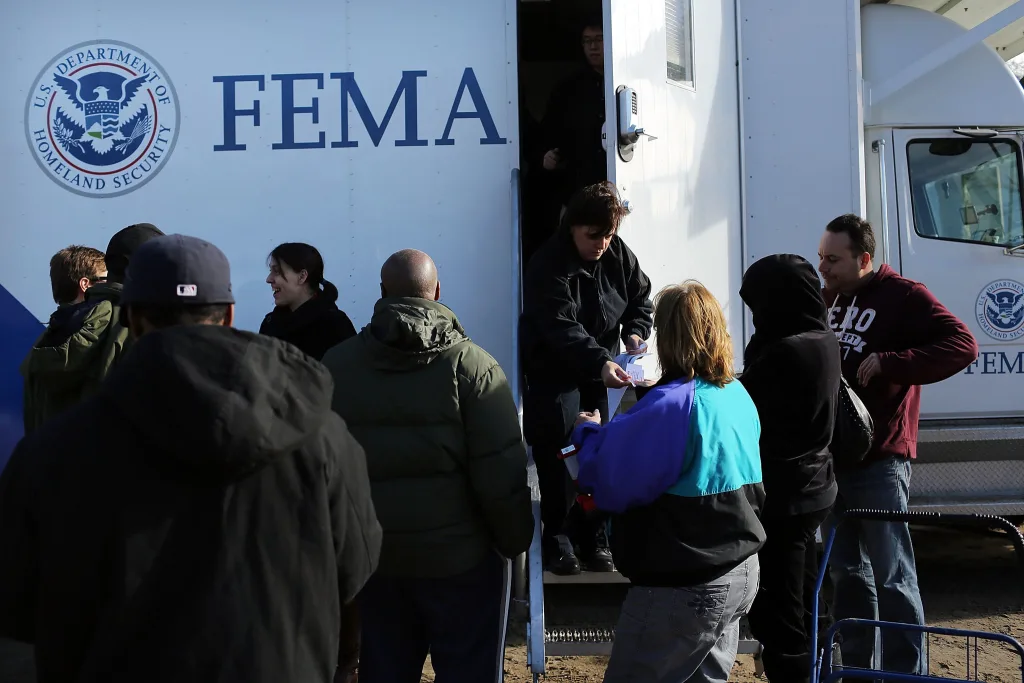The role of an incident manager is crucial in effectively managing and responding to emergency situations. When an incident occurs, whether it’s a natural disaster, a fire, or a medical emergency, there needs to be someone in charge who can quickly assess the situation, develop objectives, and coordinate all aspects of the response. This is where the incident manager comes in.
The incident manager, also known as the incident commander, is the person who has overall responsibility for managing the on-scene incident. They are in charge of making critical decisions, allocating resources, and ensuring the safety of all personnel involved. The incident manager must have a thorough understanding of emergency response protocols, as well as excellent leadership and communication skills.
In an incident command organization, the incident manager is supported by a command staff, which typically includes a Public Information Officer, a Safety Officer, and a Liaison Officer. These individuals report directly to the incident manager and assist in various aspects of the response. The Public Information Officer is responsible for keeping the public informed about the incident and providing updates on response efforts. The Safety Officer ensures the safety of responders and the public, while the Liaison Officer maintains communication and coordination with other agencies or organizations involved in the response.
Additionally, the incident manager is supported by the Operations Section Chief and the Logistics Section Chief. The Operations Section Chief is responsible for managing all incident operations, including the deployment of resources and the implementation of response strategies. They work closely with the incident manager to ensure that the incident objectives are met and that all operational activities are coordinated effectively.
On the other hand, the Logistics Section Chief is responsible for providing the necessary resources and services to support incident activities. This includes ensuring the well-being of responders by providing sufficient food, water, and medical services. The Logistics Section Chief works closely with the incident manager and the Operations Section Chief to ensure that all necessary resources are available and properly utilized.
The incident manager has overall responsibility for managing the on-scene incident. They are in charge of developing incident objectives, coordinating all response efforts, and ensuring the safety of all personnel involved. The incident manager is supported by a command staff, including a Public Information Officer, a Safety Officer, and a Liaison Officer, as well as the Operations Section Chief and the Logistics Section Chief. Together, they work to effectively respond to and manage emergency situations.
Who Has The Overall Responsibility For Managing The On Scene Incident?
The individual who holds the overall responsibility for managing the on-scene incident on Quizlet is known as the incident commander. This person plays a crucial role in coordinating and overseeing the response efforts during an incident. They are responsible for making critical decisions, establishing objectives and strategies, allocating resources, and ensuring the safety of all personnel involved. The incident commander is typically a trained and experienced individual who possesses the necessary knowledge and skills to effectively manage and control the incident. They serve as the central point of contact for communication and provide leadership to the response team.

Who Has Overall Responsibility For The Incident And Delegates The Authority For On Scene Operations?
The incident commander is the individual who holds the ultimate responsibility for the incident and delegates authority for on-scene operations. This person is in charge of all aspects of the emergency response and is responsible for quickly developing incident objectives, managing all incident operations, and applying resources as necessary.
The incident commander assumes the role of a leader and has the authority to make decisions regarding the incident, including the allocation of resources and coordination of personnel. They are responsible for ensuring the safety of all individuals involved in the response and for effectively managing the incident to minimize damage and mitigate risks.
In order to effectively carry out their duties, the incident commander must possess strong leadership skills, the ability to make quick and informed decisions, and a thorough understanding of emergency response protocols. They must also have the ability to communicate effectively with all personnel involved, as well as with external stakeholders and agencies.
To summarize, the incident commander has overall responsibility for the incident and delegates authority for on-scene operations. This individual is responsible for all aspects of the emergency response and plays a crucial role in ensuring the safety and effectiveness of the response effort.
Who Are Responsible Officers In The Incident Command System?
In the Incident Command System (ICS), various officers are designated to ensure effective management and coordination of response efforts. These officers have specific roles and responsibilities that contribute to the overall incident management structure. The key officers in the ICS include:
1. Incident Commander (IC): The IC is responsible for overall management and coordination of the incident. They establish objectives, develop a plan, and make strategic decisions. The IC has the authority to allocate resources and direct the actions of all personnel involved in the response.
2. Public Information Officer (PIO): The PIO is responsible for managing the flow of information to the public and media during an incident. They ensure accurate and timely communication, disseminate information about the incident, and address public inquiries. The PIO also coordinates with other agencies and organizations to ensure consistent messaging.
3. Safety Officer: The Safety Officer is responsible for monitoring and assessing safety hazards and risks during an incident. They identify potential safety issues, provide recommendations for mitigating risks, and promote a safe working environment for all personnel. The Safety Officer also advises the IC on safety-related matters and enforces safety protocols.
4. Liaison Officer: The Liaison Officer serves as the primary point of contact for coordinating with external agencies, organizations, and stakeholders involved in the response. They facilitate the exchange of information, coordinate resources, and ensure effective collaboration between different entities. The Liaison Officer represents the IC in meetings and works to resolve any interagency issues.
In addition to these key officers, the IC/UC may also appoint other officers as necessary, such as Operations Section Chief, Planning Section Chief, Logistics Section Chief, and Finance/Administration Section Chief. These officers oversee specific functions within the incident management structure and report directly to the IC/UC.
It is important to note that the officers in the ICS may have assistants or support staff to help them carry out their responsibilities effectively. The ICS is designed to provide a flexible and scalable framework for managing incidents of any size or complexity, with clear roles and responsibilities assigned to each officer to ensure a coordinated and efficient response.
Which General Staff Member Is Responsible For Ensuring That Assigned Incident Personnel Are Fed?
The General Staff member responsible for ensuring that assigned incident personnel are fed is the Logistics Section Chief. This individual works closely with the Incident Commander and Operations Section Chief to provide the necessary resources and services to support all activities during an incident.
When it comes to the well-being of responders, the Logistics Section Chief plays a crucial role in ensuring that they are provided with sufficient food and water. This includes coordinating the procurement, storage, and distribution of these essential supplies. They also work in collaboration with other agencies and organizations to ensure that the needs of all personnel are met.
In addition to food and water, the Logistics Section Chief is also responsible for arranging medical services for incident personnel. This may include setting up medical facilities, coordinating medical staff, and ensuring that appropriate medical supplies and equipment are available.
To effectively carry out these responsibilities, the Logistics Section Chief must maintain a comprehensive understanding of the incident’s operational needs and make informed decisions regarding resource allocation. They work closely with other members of the General Staff, such as the Planning Section Chief and Finance/Administration Section Chief, to ensure that all logistical requirements are met.
The role of the Logistics Section Chief is vital in ensuring the well-being and support of assigned incident personnel by providing them with necessary food, water, and medical services.

Conclusion
The Incident Manager plays a crucial role in managing on-scene incidents and ensuring the overall success of emergency response efforts. This individual is responsible for all aspects of the incident, from developing clear objectives to coordinating resources and personnel. The Incident Commander is the ultimate authority on the scene, making critical decisions and directing operations to effectively mitigate and resolve the incident.
The Incident Commander is supported by a Command Staff that includes a Public Information Officer, Safety Officer, and Liaison Officer, who provide essential expertise and assistance in their respective areas. The Command Staff reports directly to the Incident Commander, ensuring efficient communication and coordination across all levels of the incident command structure.
Additionally, the Logistics Section Chief plays a vital role in supporting the Incident Commander and Operations Section Chief by providing necessary resources and services. This includes ensuring the well-being of responders through the provision of food, water, and medical services. The Logistics Section Chief ensures that responders have the necessary support to carry out their duties effectively and safely.
The Incident Manager holds overall responsibility for managing on-scene incidents. Their leadership, decision-making, and coordination skills are essential in ensuring a successful response to emergencies. By effectively managing resources, personnel, and operations, the Incident Manager plays a pivotal role in safeguarding lives, property, and the environment during incidents.
